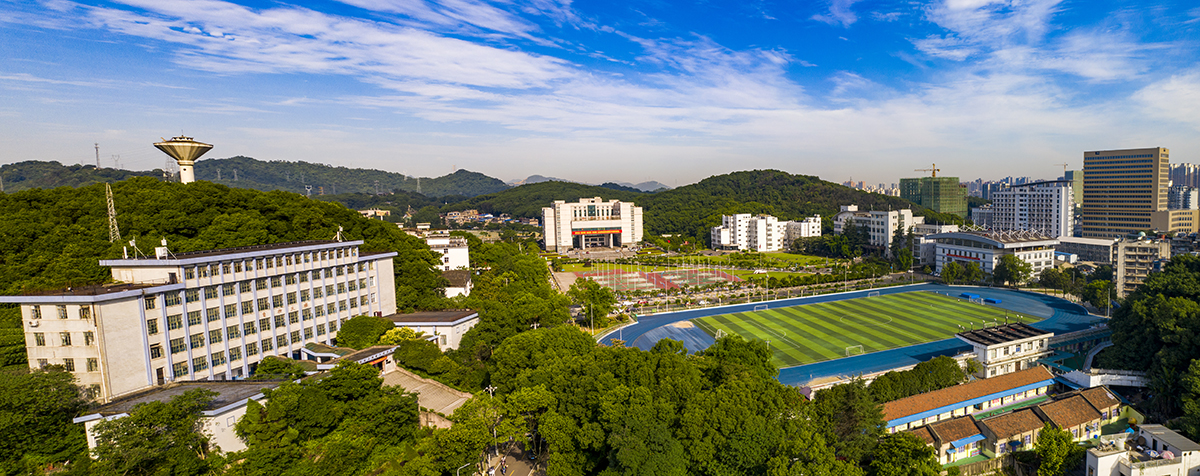The College of Life Sciences was founded in 1981, At present, there are 3 undergraduate programs: Biological science (National first-class professional construction point, National characteristic major, Hubei Brand Major, Hubei Comprehensive Reform Pilot major), biotechnology (National first-class professional construction point, school comprehensive reform pilot major), and food science and engineering (Hubei first-class professional construction point, Hubei Strategic Emerging Industry Plan/Hubei Transformation and Development Pilot major). There are 3 master's degree programs: Biology, Biology and Medicine, Pedagogy-Biology Curriculum and Teaching Theory. It has been approved as two excellent grassroots teaching organizations in Hubei Province and one teaching team in Hubei Province.
There are 64 full-time teachers, including 46 doctors, 38 professors and associate professors, 28 graduate supervisors, 1 member of the Teaching Steering Committee of the Ministry of Education, 2 Hubei famous teachers, 2 Hubei famous teachers' workshop hosts, 1 Hubei famous curriculum ideological and political teaching teacher, 6 academic leaders and academic backbone in Hubei Province, and 18 provincial and municipal science and technology special commissioners. The scientific research team of the college was awarded the honorary title of Sentient land Service Innovation Team of agriculture and rural Areas by Huangshi City.
As a demonstration base for entrepreneurship and school style construction in Hubei Province, the College has actively explored new talent training models and achieved remarkable results. Students have won more than 300 awards in the National Normal University Teaching Skills Competition, College Student Life Science Innovation and Entrepreneurship Competition and other competitions, approved more than 40 national and provincial large-scale innovation projects, and successfully incubated 8 enterprises. The employment rate of graduates has remained at about 98%, and the admission rate for postgraduate studies has remained above 40%, with most of the students admitted to 985 and 211 universities (37 of them were admitted to Tsinghua University for master's degree). A number of graduates have grown into outstanding entrepreneurs, famous teachers, technical experts, and outstanding civil servants.

